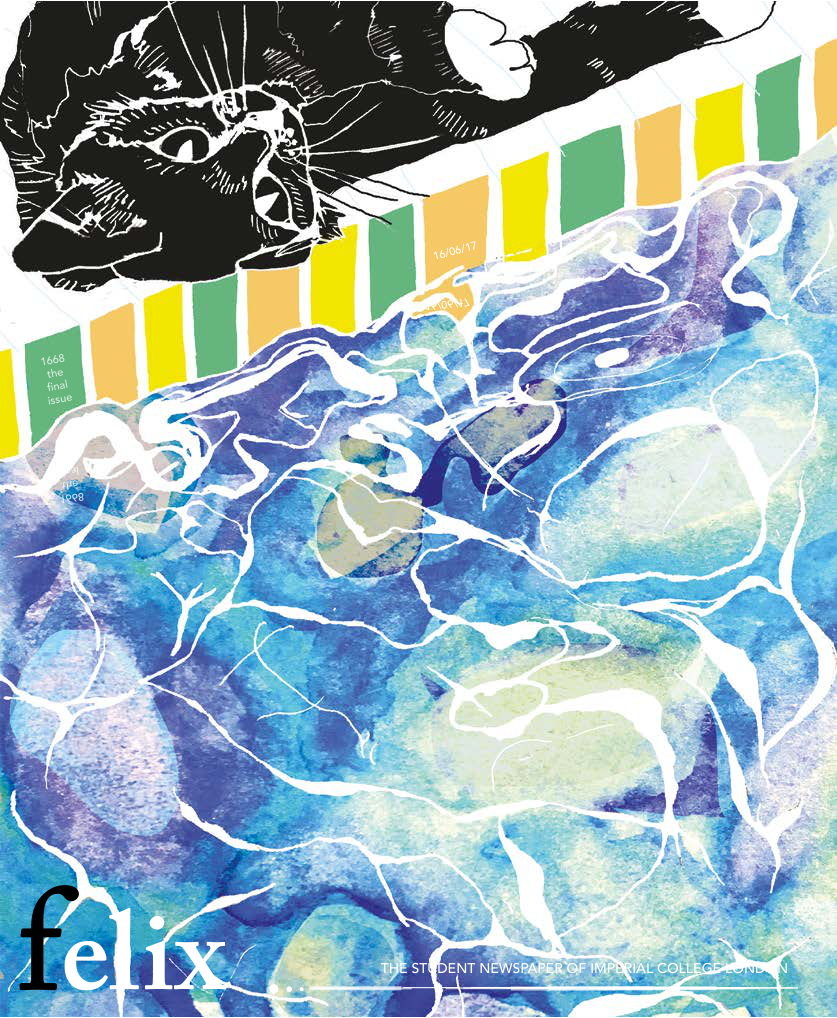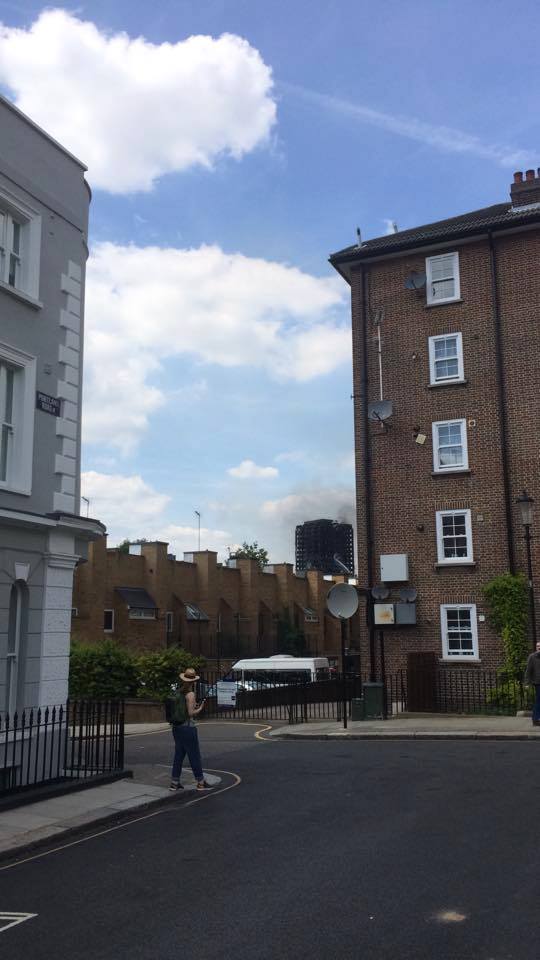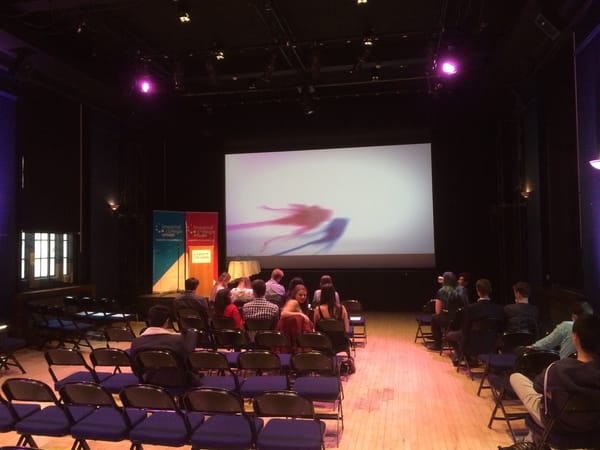Sport to be reshuffled next year
James Cox tells us what he’s got in store for Sport at Imperial

Since about January, there have been rumblings in the Union of a big sports shake-up. We got in touch with James Cox, current Deputy President (Clubs and Societies) to see what’s happening now that things are pretty much ready to be openly discussed. It appears we are set to go into a full year of student consultation and decision-making regarding some very big changes in how Imperial College Union and Sport Imperial will work together to accommodate student sport.
According to Cox, by the start of the 2018 academic year club sport will be delivered under one banner in one place on campus. “This aims to solve the root cause of a large proportion of our issues surrounding sport at Imperial, namely communication and transparency over decisions and the complexity of processes,” he says. “Throughout next year, there will be a transitional process to achieve this”
The history of the relationship between Sport Imperial, Imperial College Union, and student sport societies has certainly been a rocky one. The Varsity incident, and subsequent research into our institutional culture, have highlighted inherent sexist structures. There has also been a variety of issues with transparency around certain processes, including funding and facilities, seeing many students frustrated by the lack of clarity. As Cox says, “anyone involved in sports’ committees understands that running their club can be a challenge under the current structure; tackling this is one of the reasons I ran for DPCS in the first place.”
The Union recently sent out a survey to students to gauge their experience with Sport Imperial. The comments that poured in have not exactly painted the best picture of the organisation.
“Sport Imperial have consistently made me feel like my team or sport was not a priority, by failing to provide basic provisions such as pitches for matches, failing to provide sufficient information, and by running campaigns that have been offensive and unhelpful to the cause of encouraging and uplifting women in sport,” says one exasperated survey participant who wants to remain anonymous.
That’s not to say Imperial College Union has been faultless in this partnership. A whole host of issues have come up over the years as a result of Union action (or inaction) including double booking of training spaces and repeated issues revolving around the Union Gym floor coming apart or the splintering in the Union Dining Hall (although we are told the floor is finally due to be replaced soon).
Now, the Union is finally working with Sport Imperial and will hopefully adopt a multifaceted approach that will enhance the sport experience at Imperial. “Sport Imperial (College) and the Union (me, Activities) have been on the same page for quite some time,” says Cox. “All parties involved are incredibly passionate about achieving the best for the students regarding sport and it is very reassuring to work together with that in mind! We have worked very closely on many decisions surrounding sport this year.”
As far as restructures are concerned, Cox has been looking for solutions in other student unions. A trip to Bath in March yielded particular insights. Though it’s a common occurrence for other student unions to have athletics unions, where sports and societies are split Cox doesn’t think this is a system fit for Imperial. Instead he’s pushing for a more student-led system. Indeed, Imperial is renowned for the breadth of student-led activities it provides. Other Universities tend to have fewer clubs with wider scopes of activities, but Cox reassures us that we won’t see the merging of clubs to reduce administration burdens. “To thrust an extra five teams into one club for one student to run would be silly in terms of managing people and finances,” says Cox. “Besides, this would completely disregard the years of history and tradition we have built at Imperial. Imperial doesn’t have a tendency to copy others, we’ll create something ourselves and it will be better.”
So what’s next? Obviously a key difficulty with the projects of Officer Trustees is that for them to be completed, they often have to be picked up by the incoming officer. Only time will tell how effective the vitally important student consultation part of this project will be. But Cox doesn’t think that’s necessarily enough. “To make this a success, all students need to get involved with consultations next year when they come, so stay on the ball (yep, intended). If it [the new system] is created by students and for students, it will be heralded by all students, don’t underestimate this [sic].”










